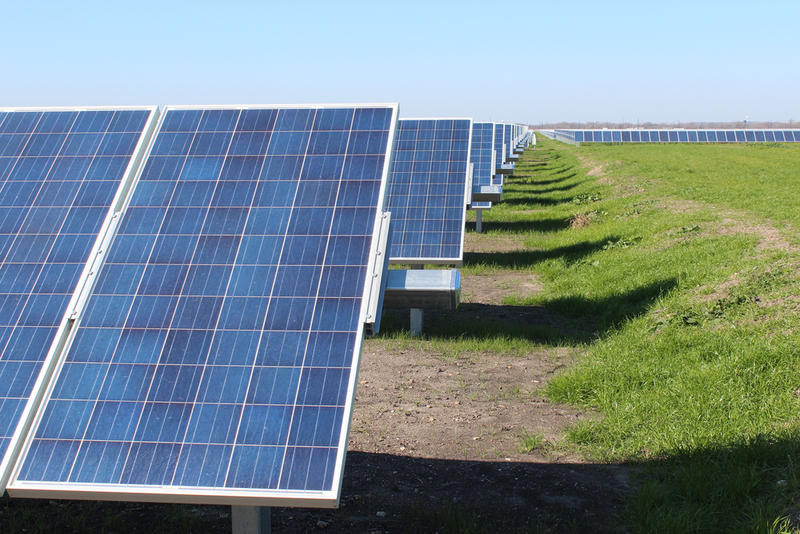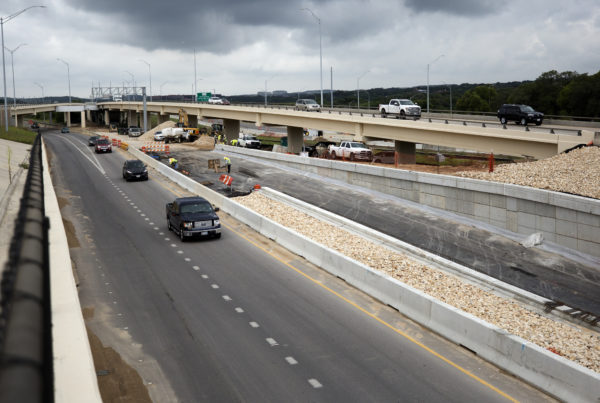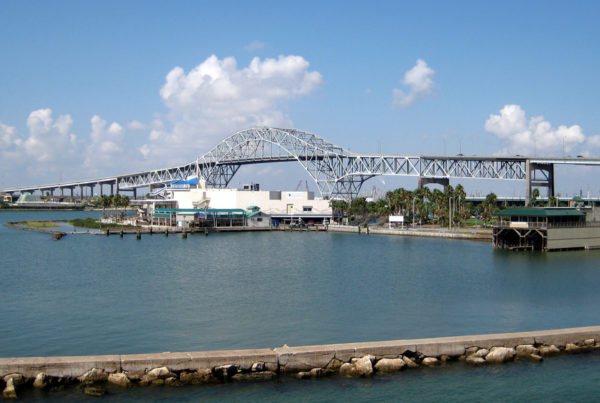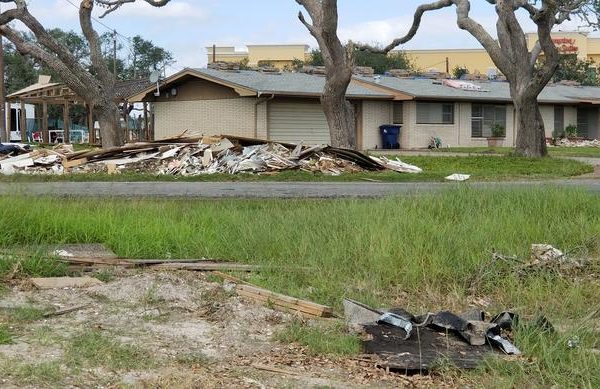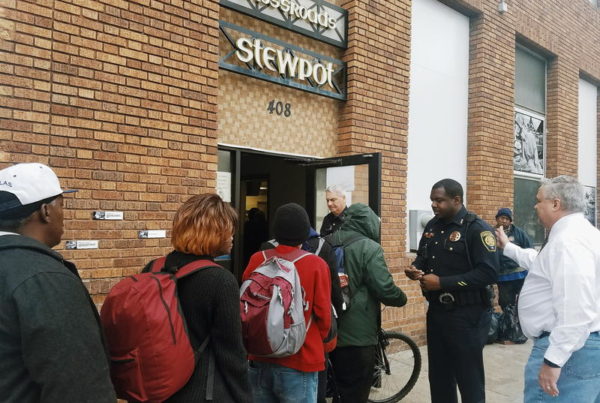From KUT:
Scott Canada says his company had big plans this year for a 100-megawatt solar farm outside Fort Stockton, Texas.
“It would have been built over the next 18 months,” says Canada, senior vice president of renewable energy for McCarthy Building Companies. “It generally would have probably employed 300 to 400 people at its peak, depending on how tight the schedule was being compressed.”
That project has been put on hold, and will likely be canceled, if the Trump administration decides to impose tariffs on cheaper panels made in China.
“Solar panels account for roughly 40 percent of the cost of a solar plant, so if those prices move significantly they can make the project uneconomic.” he says. “We are very quickly approaching a window where there is no [guaranteed] return, and the owner has to walk away from the project.”
The threat of tariffs started in September when the U.S. International Trade Commission agreed with two U.S. solar panel manufacturers that they were hurt by cheaper Chinese imports. To level the playing field, the commission supported imposing tariffs.
That might help those U.S. manufacturers, but it will likely end up costing more U.S. solar jobs by making panels less affordable.
“Here in Texas, the solar industry supports over 15,000 jobs, nearly all of them in areas other than solar cell manufacturing,” says Charlie Hemmeline, executive director of the Texas Solar Power Association. “You’ve got jobs from project development, sales and marketing, and engineering and constructions, and a whole lot of others that would really only be harmed.”
Different types of solar projects would be affected differently.
“The increase in price [of tariffs] will be felt a lot more at the utility scale than it will at the residential scale,” says Joshua Rhodes, a fellow at UT’s Energy Institute.
That’s because the basic cost of panels makes up more of the total cost of big utility projects.
Adding to the uncertainty: The full impact on domestic solar projects depends not just on whether President Trump decides to impose tariffs, but how high they might be.
That uncertainty is already hurting the industry, says Canada.
“Most of our projects for next year, if they are not already booked, have been placed on hold,” he says. “Then the question is: Is there enough clarity early this year that we can recover 2019?”
Trump is supposed to make a decision about whether to impose the tariffs by early January.


